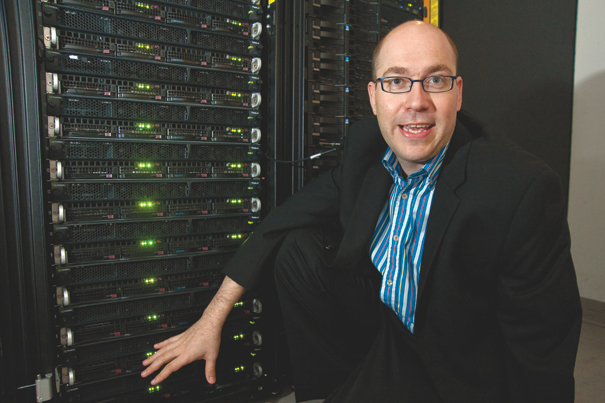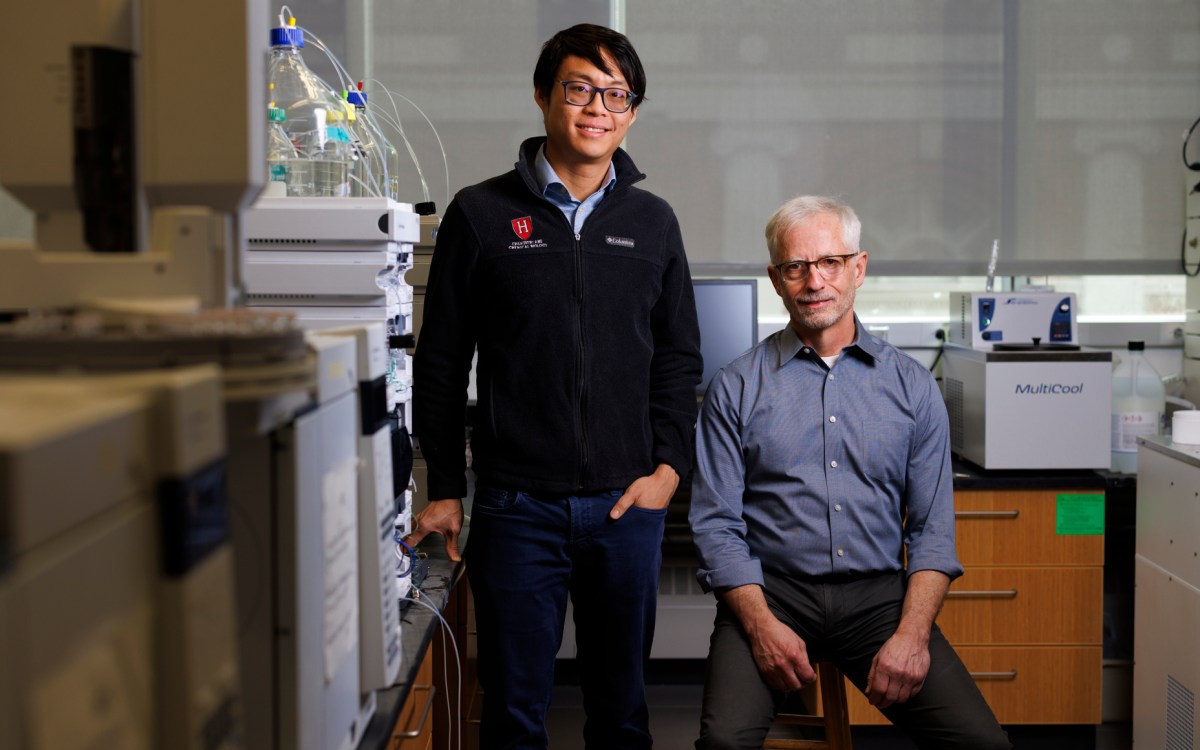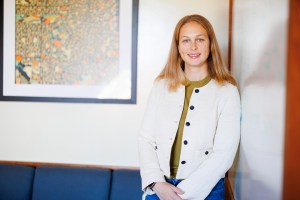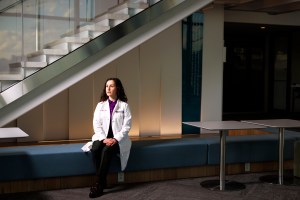Science & Tech
-
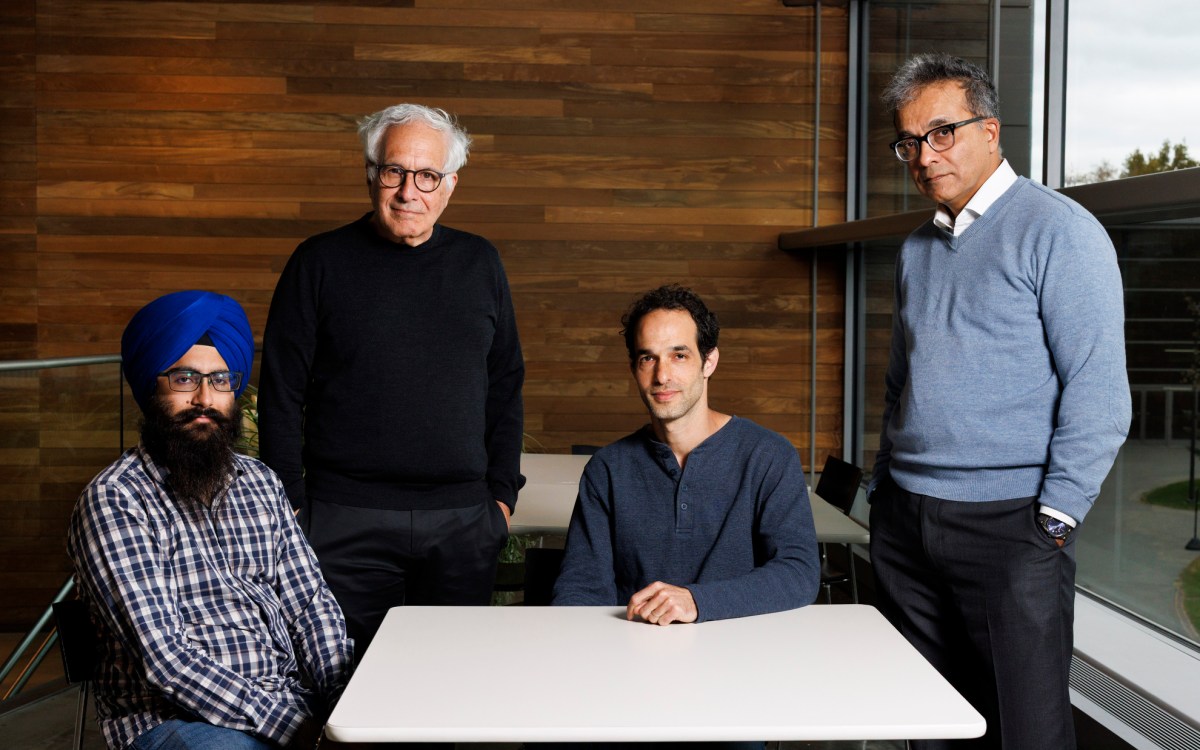
Want to speed brain research? It’s all in how you look at it.
New AI-enhanced scanning method promises to boost quest for high-resolution mapping
-
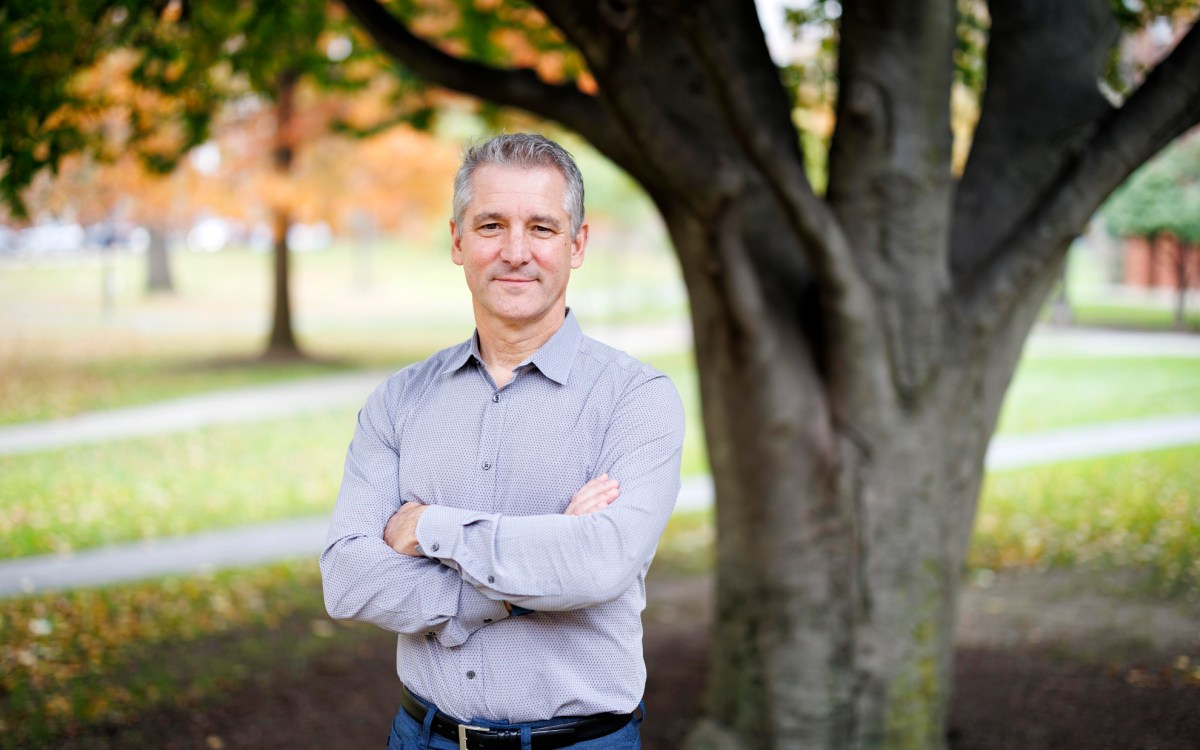
-
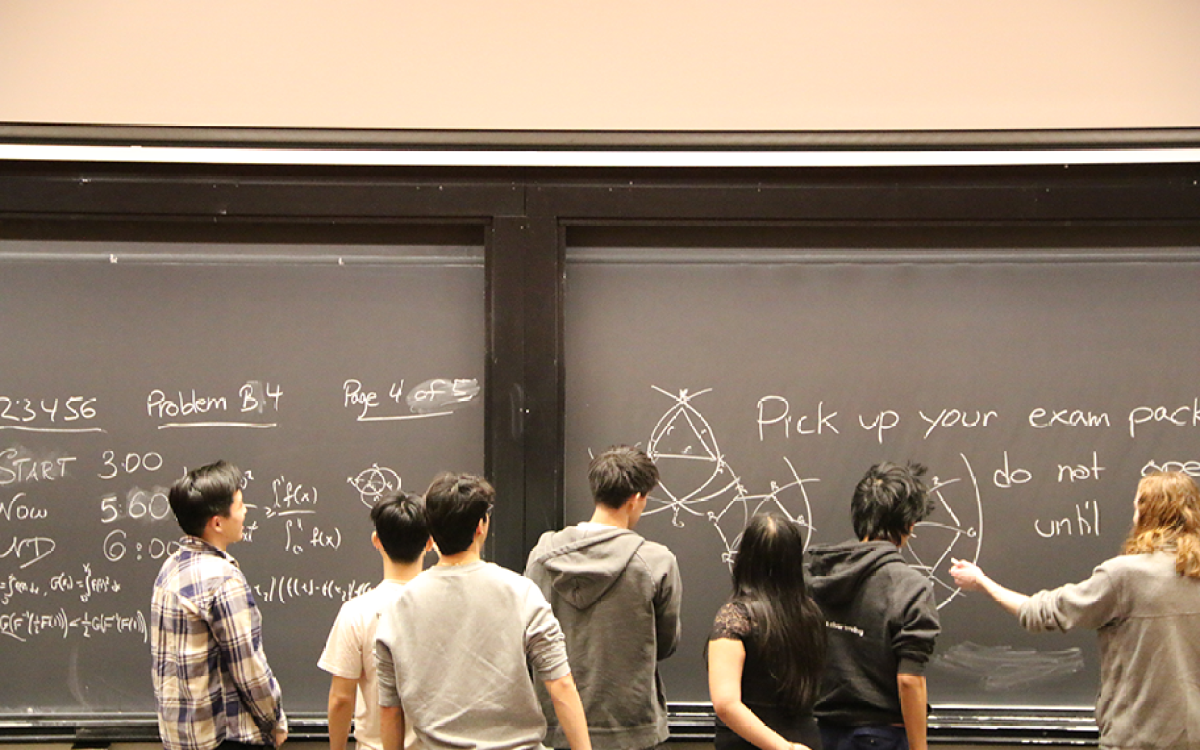
‘It just feels good when you solve the hard problems’
Why do students volunteer to take this notoriously difficult math exam? For the fun of it.
-
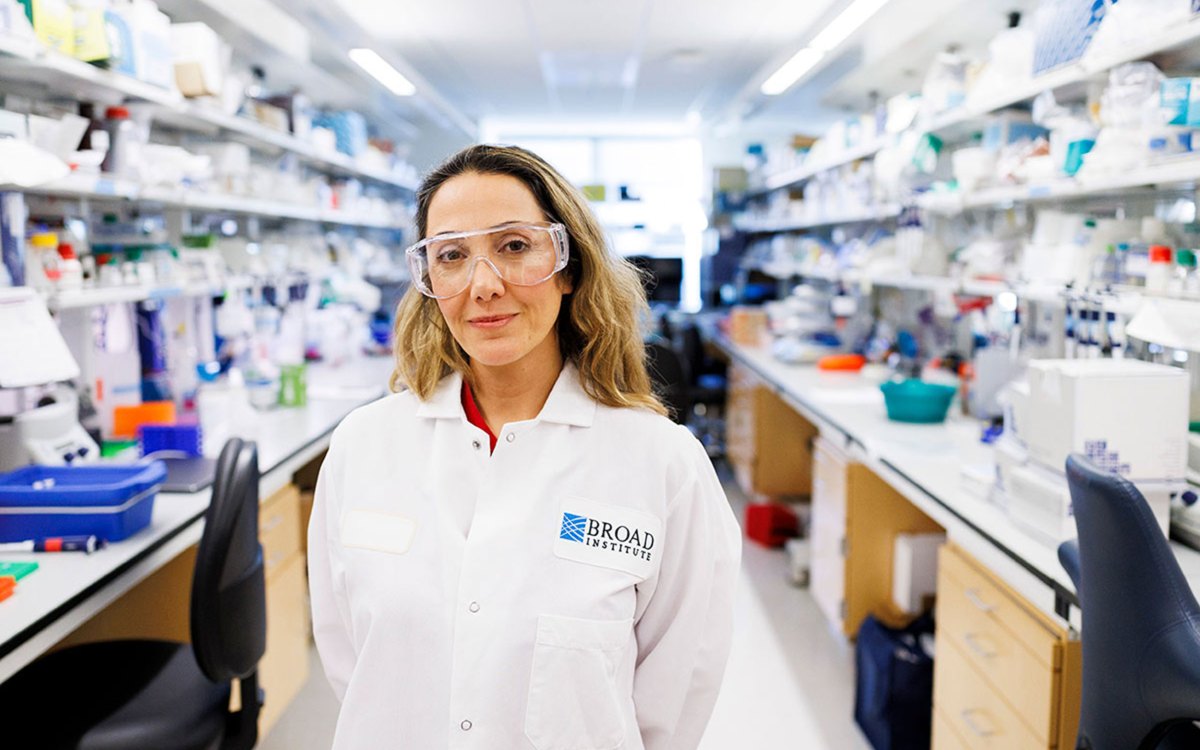
Stopping the next pandemic
Disease surveillance network faced ‘existential cliff’ despite proven success. Then came the $100 million.
-

Rethinking — and reframing — superintelligence
Microsoft researcher says separating AI from people makes systems dangerous and unproductive
-
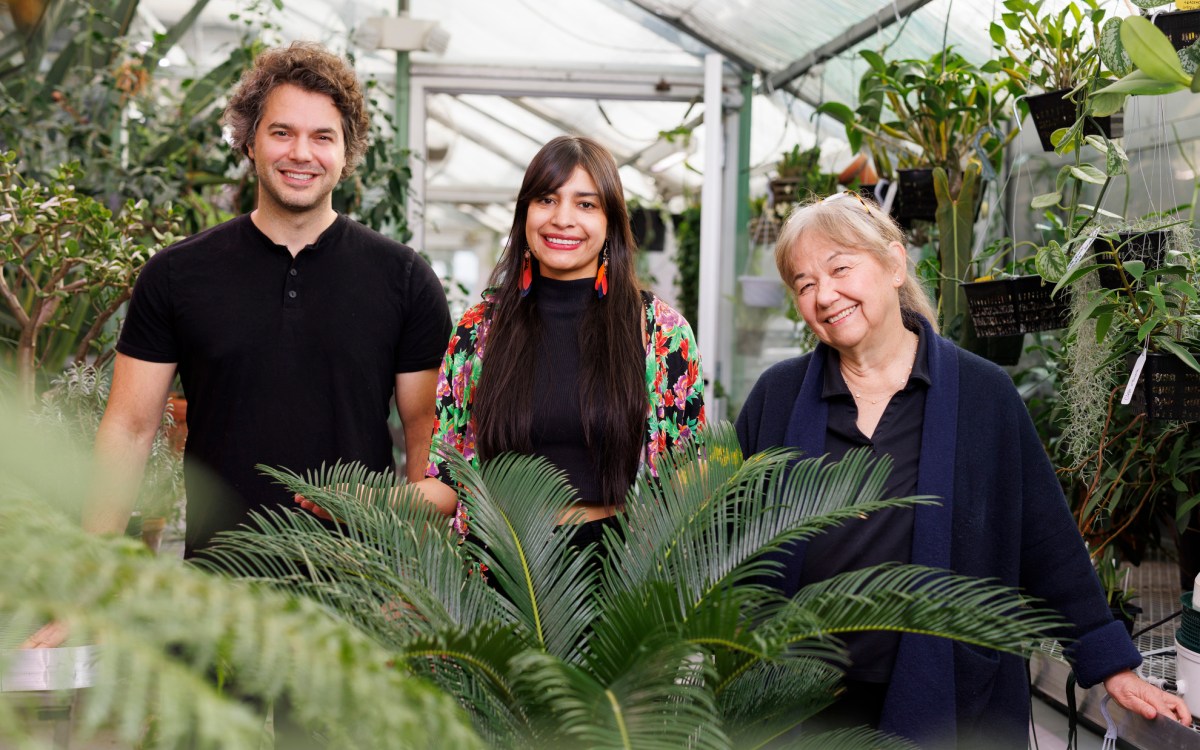
First, male gets heated up, then female, and then, you know
Study shows infrared radiation from plants serves as invitation to pollinating insects
-
Wizard at circuits, physics
Donhee Ham, Gordon McKay Professor of Electrical Engineering and Applied Physics, uses his personal energy and understanding of physics to design innovative integrated circuits.
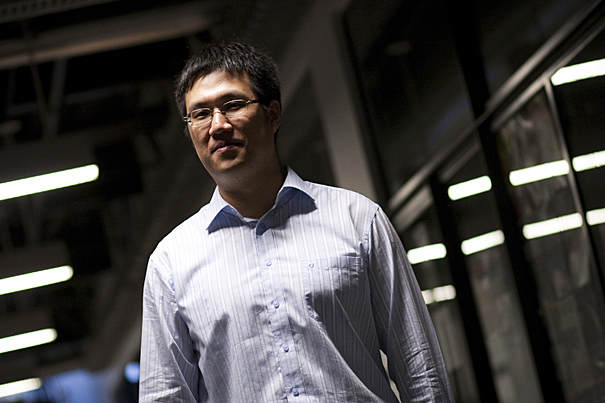
-
‘Landscapes of Energy’
In a world marked by dams, oil fields, mines, and other energy infrastructure, scholars in a new Harvard journal begin looking at its social impact.
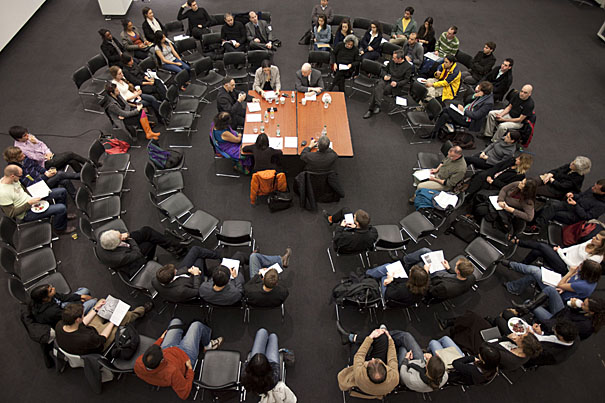
-
Just use less
Energy adviser and former Honeywell executive Maxine Savitz says there are enormous energy savings available through increased efficiency, as much as 30 percent by 2030.
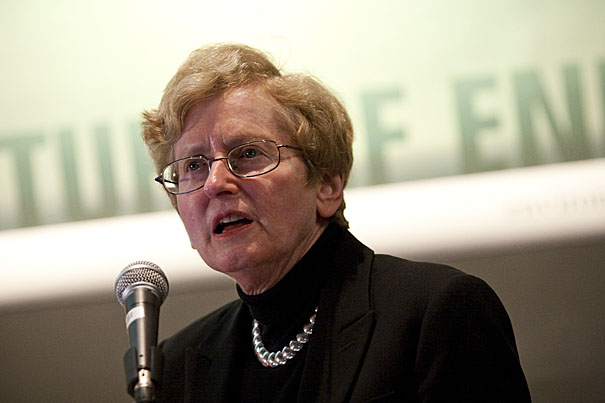
-
Harvard Medical School grad heads for International Space Station
In an era when elementary schoolchildren can create exciting new worlds and explore them with the click of a computer mouse, will we again see bold explorers like Lewis and…
-
Harvard Stem Cell Institute – First 5 years
What has the Harvard Stem Cell Institute accomplished in its first 5 years?
-
McLean launches coaching institute
With a $2 million gift from the Harnisch Foundation, Harvard-affiliated McLean Hospital recently launched the Institute of Coaching to support coaching-related research, practice, and education.
-
A line on string theory
Harvard physicist Cumrun Vafa tells scientists at the Large Hadron Collider that the discovery of a predicted, long-lived particle during research there would be the first experimental confirmation of string theory.
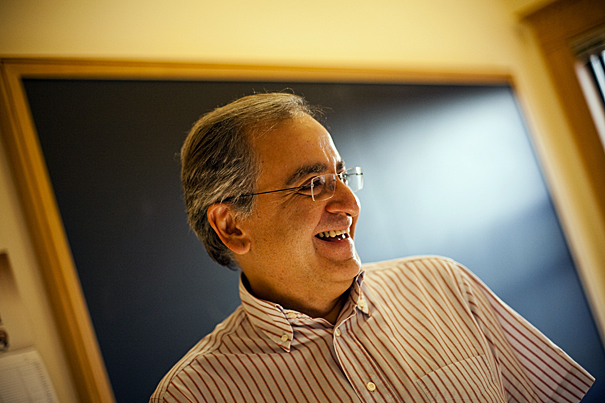
-
Quantum gas microscope created
Physicists have created a quantum gas microscope that can be used to observe single atoms at temperatures so low the particles follow the rules of quantum mechanics, behaving in bizarre ways.
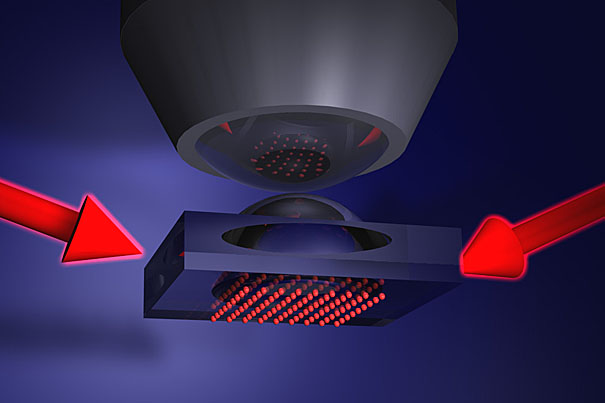
-
Quantum gas microscope offers glimpse of quirky ultracold atoms
Harvard physicists have created a quantum gas microscope that can be used to observe single atoms at temperatures so low the particles follow the rules of quantum mechanics, behaving in…
-
New wrinkle in old approach
Harvard materials scientists have come up with what they believe is a new way to model the formation of glasses, a type of amorphous solid that includes common window glass.

-
Materials scientists find better model for glass creation
Harvard materials scientists have come up with what they believe is a new way to model the formation of glasses, a type of amorphous solid that includes common window glass.…
-
Devastation by degrees
The head of the Natural Resources Defense Council examines the implications of climate change and the best ways forward for the passage of congressional legislation to combat it.
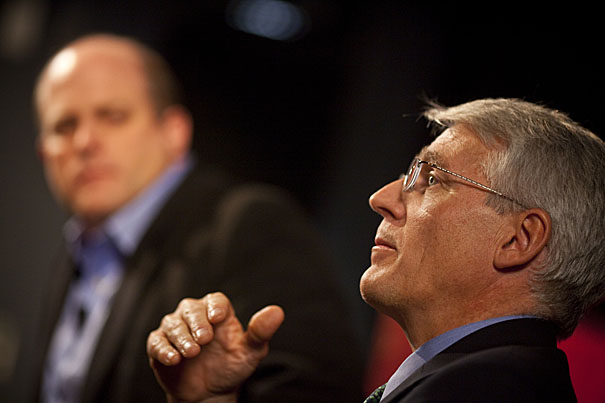
-
Face it:
Gay men are most attracted to the most masculine-faced men, while straight men prefer the most feminine-faced women, according to the results of a new study by a Harvard researcher.…
-
Facing your preferences
Researchers discover that similar qualities of observation drive gay and straight men in their judgments on attractiveness.
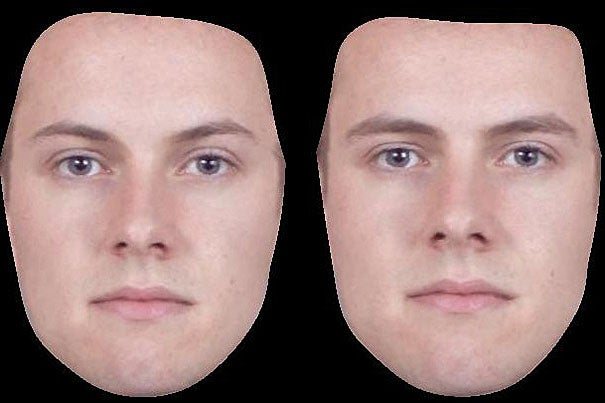
-
Physician training 2.0
Doctors at Brigham and Women’s Hospital team up with the New England Journal of Medicine to create online medical cases that can teach better than lectures.
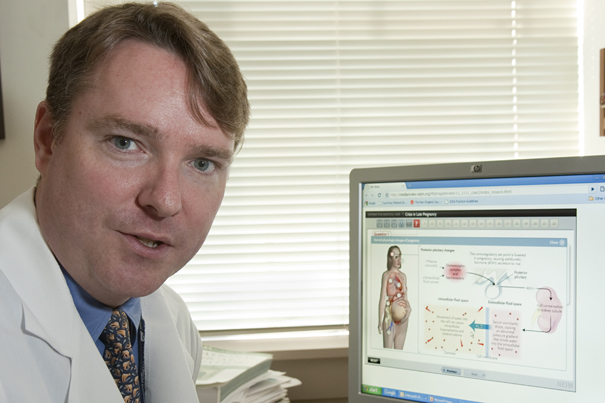
-
Icebreaker
Every month, Sarah Stewart-Mukhopadhyay fires her 20-foot gun in the basement of Harvard’s Hoffman Lab, sending shivers through the concrete and steel structure that can be picked up by seismometers upstairs.

-
To tell the truth
Harvard University study suggests that the pain of torture can make even the innocent appear guilty to those interrogating them.
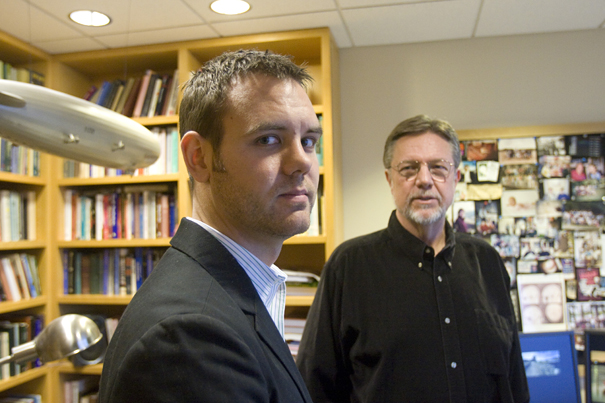
-
Harvard scientists bend nanowires into 2-D and 3-D structures
Taking nanomaterials to a new level of structural complexity, Harvard researchers have determined how to introduce kinks into arrow-straight nanowires, transforming them into zigzagging two- and three-dimensional structures with correspondingly…
-
McKibben’s movement: 350.org
Activist and author Bill McKibben ’82 takes to the pulpit in a plea for climate change action.
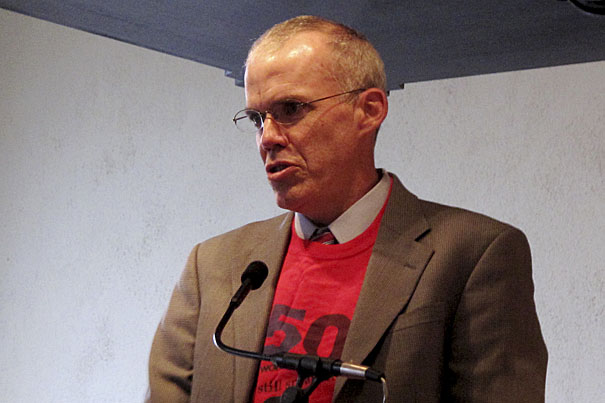
-
Bringing new meaning to the term scientific paper
An insight from the labs of Harvard chemist George M. Whitesides and cell biologist Donald Ingber is likely to make a fundamental shift in how biologists grow and study cells…
-
Big-picture view of nanoscale
After 25 years at the University of California, Santa Barbara, a pioneer in the fabrication of miniature electronic and photonic devices takes up residence at Harvard’s School of Engineering and Applied Sciences.
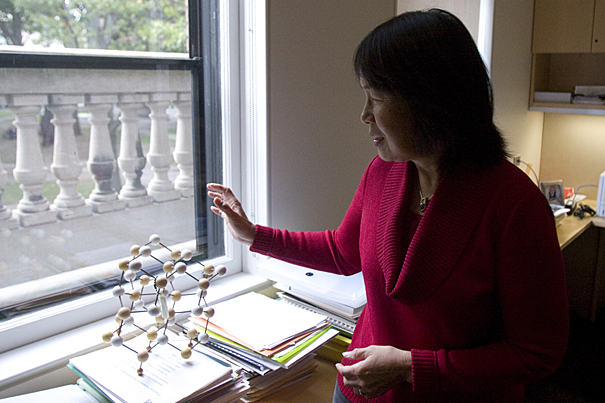
-
Stem cells: Mending a broken heart?
Dr. Kenneth Chien speaks about a cardiac stem cell discovery that may be the first step on the path to regenerating healthy heart muscle.
-
Stimulus funds provide welcome research boost
In remarks last month at the National Institutes of Health (NIH) in Bethesda, Md., President Barack Obama said not only do we need stimulus money to create thousands of jobs…
-
Wasteland and wilderness
Harvard science historian and physicist Peter Galison is using part of his Radcliffe year to explore the intersections of forbidden wilderness and nuclear wasteland.
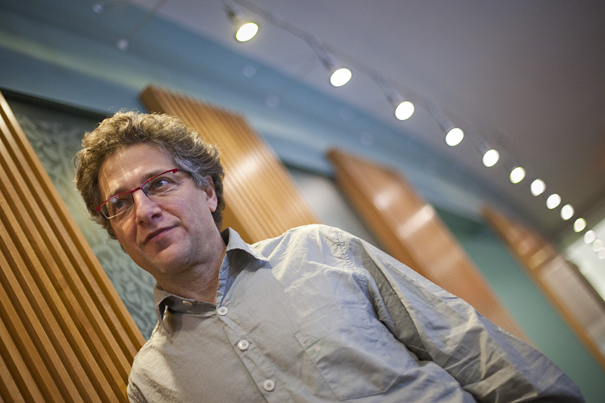
-
Invisible matters
A new study seeking to answer the question of why some galaxies are extremely dark compared with others may eventually help to explain the formation of all galaxies, according to…
-
Donald Ingber awarded the 2009 BMES Pritzker Distinguished Lectureship for outstanding achievements, originality and leadership
Donald Ingber, M.D., Ph.D., founding director of the Wyss Institute for Biologically Inspired Engineering at Harvard University, has been awarded the Biomedical Engineering Society’s prestigious Pritzker Distinguished Lectureship for 2009.…
-
Why leave it to nature?
Amid calls for transformative change in the world’s energy supply, Harvard chemist Ted Betley is taking a back-to-basics approach and examining the mother of all energy supplies — photosynthesis —…
-
Expert: Lift taboo on Earth engineering
University of Calgary Professor David Keith calls for investment in geoengineering research as part of the search for solutions to climate change.
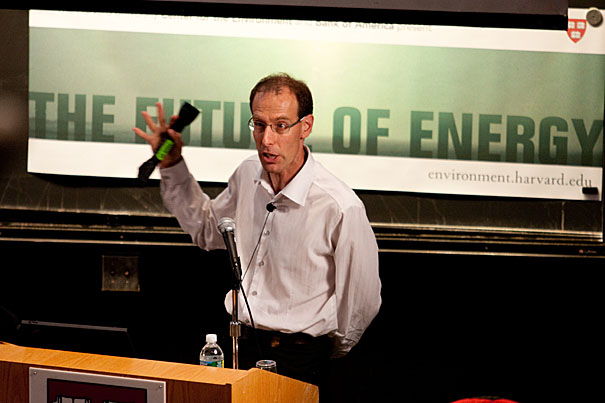
-
Huybers and Mahadevan named MacArthur Foundation Fellows
Two Harvard faculty members who study present and past ice sheets and the science behind familiar objects and everyday events have been named recipients of prestigious MacArthur Foundation “genius” grants.…
-
Harnessing fun for serious science
Researchers from chemistry, computer science, and astronomy are learning a trick or two from video games and investigating a new kind of computing based on graphics processing units.
